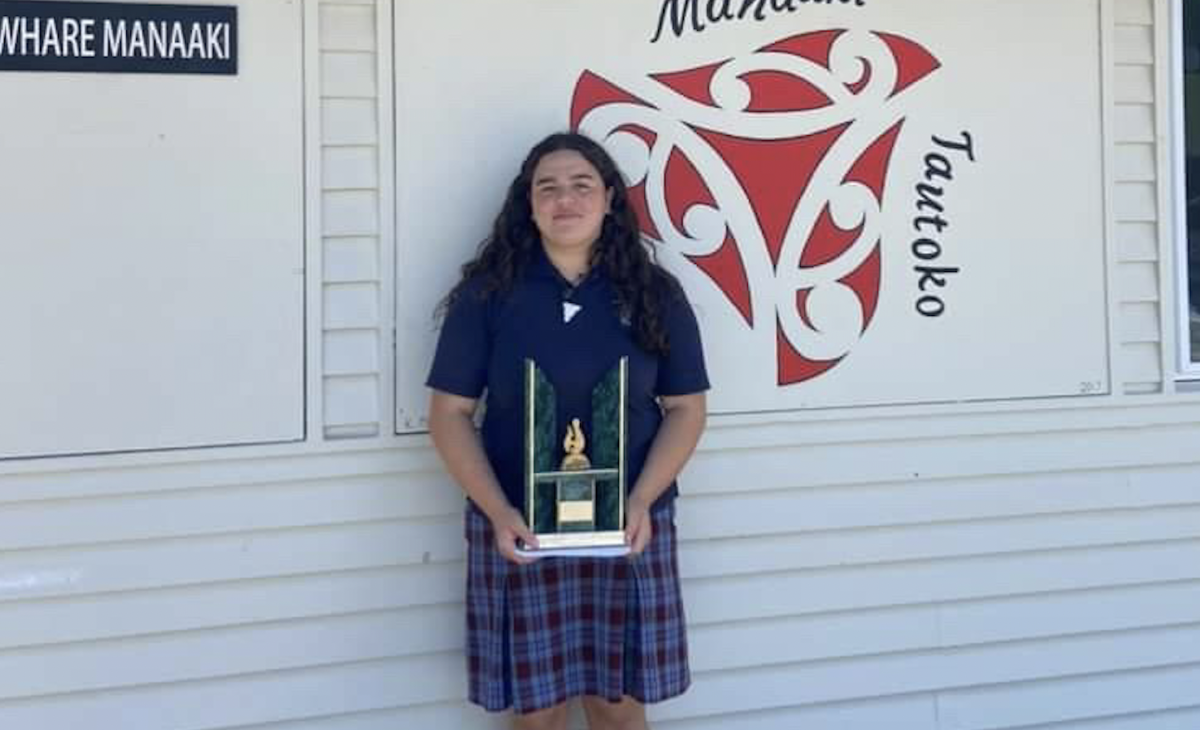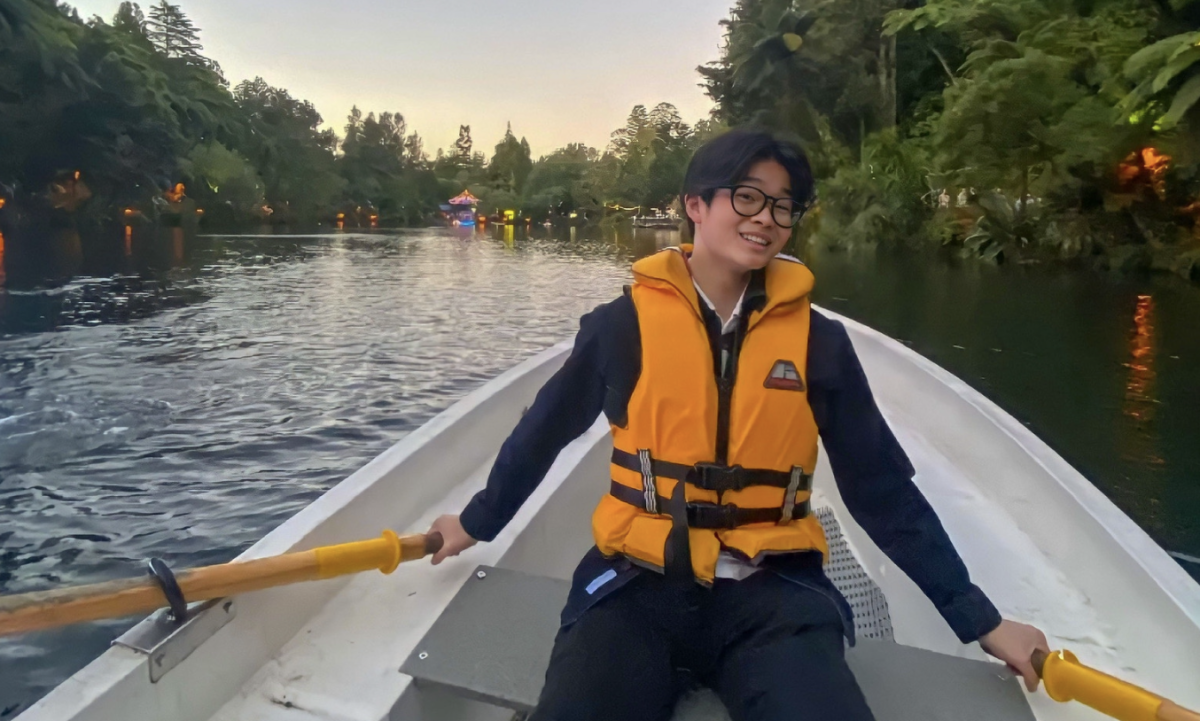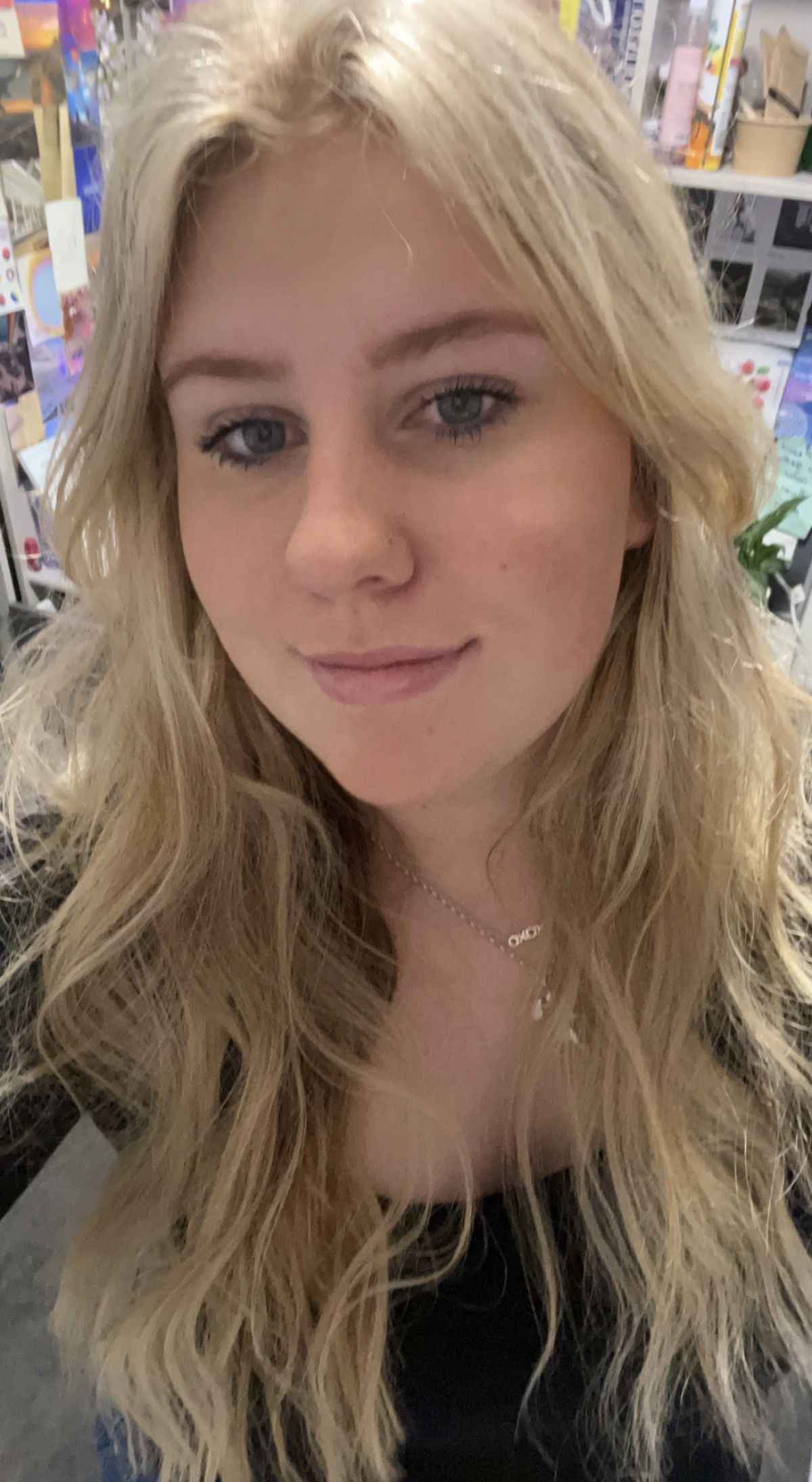Growing up, Bella Ngawhika wanted to be the prime minister of New Zealand.
But after witnessing the hate Jacinda Ardern and other politicians have received, it has put her off the idea of becoming a politician.
Despite Jacinda Ardern saying the misogyny she faced as a female leader did not play a factor in her leaving the role - former New Zealand Prime Minister Helen Clark told Today FM she believes the “unprecedented” hate and prejudice drove her to resign.
In 2022, New Zealand police reported that threats against the prime minister had nearly tripled over three years.

Bella says the hate non-male or non-Pākehā politicians receive could drive people away and make parliament less diverse in the future. Photo: Supplied.
Bella, who has since shifted her focus onto becoming a political analyst, says she finds the sexist comments quite worrying for wahine politicians.
One moment that stands out to Bella was when a reporter asked Ardern: “Are you two meeting just because you’re similar in age and you’ve got a lot of common stuff there, you know, when you got into politics and stuff?
Bella says the question Jacinda Ardern was asked by a reporter when she was meeting with the Finnish Prime Minister shows it is harder for women to be taken seriously in the job.
As a wahine who is tangata whenua, the 14-year-old says it’s not only the sexist comments that scare her - it’s the racist comments that politicians experience.
“I don't think I would cope,” she says.
Bella is also worried that tangata whenua are going to continue to be underrepresented in parliament because they don’t want to deal with the hate not only they will receive, but their families could receive too.
But losing this diversity and representation in politics would mean losing different “sides of the story”, she says.
“We need everyone to be represented… but I’m worried even for myself. Do I want to go down this path of getting into politics or do I stay out of it because I don't want to deal with the hate.”
‘Being Asian would open me up to a lot of racism’
As a Malaysian person growing up in New Zealand, Clarence Chan says he has already faced Asian hate in his daily life, especially since the pandemic.
“As a person that's still going on my journey of identity, and where I truly belong, the hate and racism I could be subjected to as an Asian politician is a really scary thought for me,” the 16 year old from New Plymouth says.

Clarence says the hate politicians receive makes him scared about following their career path. Photo: Supplied.
Once Clarence leaves high school, he wants to study public policy and hopes to one day work for the United Nations.
But Clarence says if he were to go into politics in New Zealand, he’s scared some people would see his race before listening to what he had to say.
“Being a male would be easier, as politics is dominated by men. But I think being Asian would open me up to a lot of racism.”
“I think people would pick and choose how they treated me. If I said something that aligned with their interests, I might be considered a New Zealander. But if I did something that didn’t align with them, I become an immigrant once again,” he says.
Rotorua’s youngest elected councillor Fisher Wang told The Rotorua Daily Post last year that he considered not standing for council again because of the abuse he received for his age and ethnicity.
Wang became a councillor at the age of 19 during the 2019 local elections. Despite the abuse, he decided to run again last year and was successful.
Other Asian candidates running in the local elections had their signs vandalised.
Clarence says the only way New Zealand’s government is going to become more diverse is if minorities can see themselves represented by role models in politics.
“But it’s a bit of a catch-22. You need someone out there who is not being persecuted to encourage more people to follow in their footsteps. But that person won’t exist if there is no person to inspire them.”
Ethan says the hate Jacinda Ardern received has only made him more passionate about being a politician. Photo: Supplied.
Using my privilege to uplift others
Ethan Reille can remember the exact moment they started to give a shit about politics.
It was in 2018 when Jacinda Ardern was visiting his high school, Waitaki Boys in Oamaru, to open a new building.
“I saw this young female leader who was pregnant right here in front of me and she’s talking about things that are actually relatable to me.
“From then on I started to get really inspired and stopped seeing politics as this disinteresting and boring thing. It's something that could be relatable to everyone, but I just hadn’t come across that in my life before.”
Ethan has now graduated from high school and wants to study political science at Victoria University after his gap year.
He says seeing the amount of hate and death threats Jacinda Ardern faced while in office only makes him more passionate about going into politics.
“I told my mum earlier today that the hate only makes me more passionate and she looked like I had lost the plot,” Ethan laughs.
“I'm in a really privileged position where I might not be exposed to as much hate.
“And so the way I see it is I need to use the privilege and platform that I've inherited to be able to shine a light and offer a safe space and platform for those that aren't as privileged.”

Molly says it’s clear women in leadership roles are treated differently, but this encourages her to want to break the status quo. Photo: Supplied.
I want to break the glass ceiling
Aspiring politician Molly Soppet says while leaders around the world get hate, she believes it’s clear the level of abuse and death threats Ardern received was heightened because she is female.
“Because we've only had so few female leaders. I think it's definitely harder to break into that world,” the 18 year old says.
“When you're a girl you think, ‘Oh, will I be taken seriously? Will I be seen for what I believe in? Or will they diminish you because you’re just a girl’.”
Molly is from a rural part of Waikato and says there can be even more concern and generational resistance against women and other minorities in leadership there.
“About half of us are women but you often don't see women going into bigger roles, and definitely not where I am from.
“But that also makes me more encouraged to want to break that status quo and the glass ceiling above us and be that role model for the next generation wanting to go into politics.”
More stories:
Science has worked out why women are freezing at work
Spoiler it’s because of the patriarchy.
Why summer drownings are the worst in 40 years
Since December, more than 30 people have drowned in our waters.
Young workers are more burnt out than any other age group, but why?
“It’s been two years and I still haven’t recovered.”